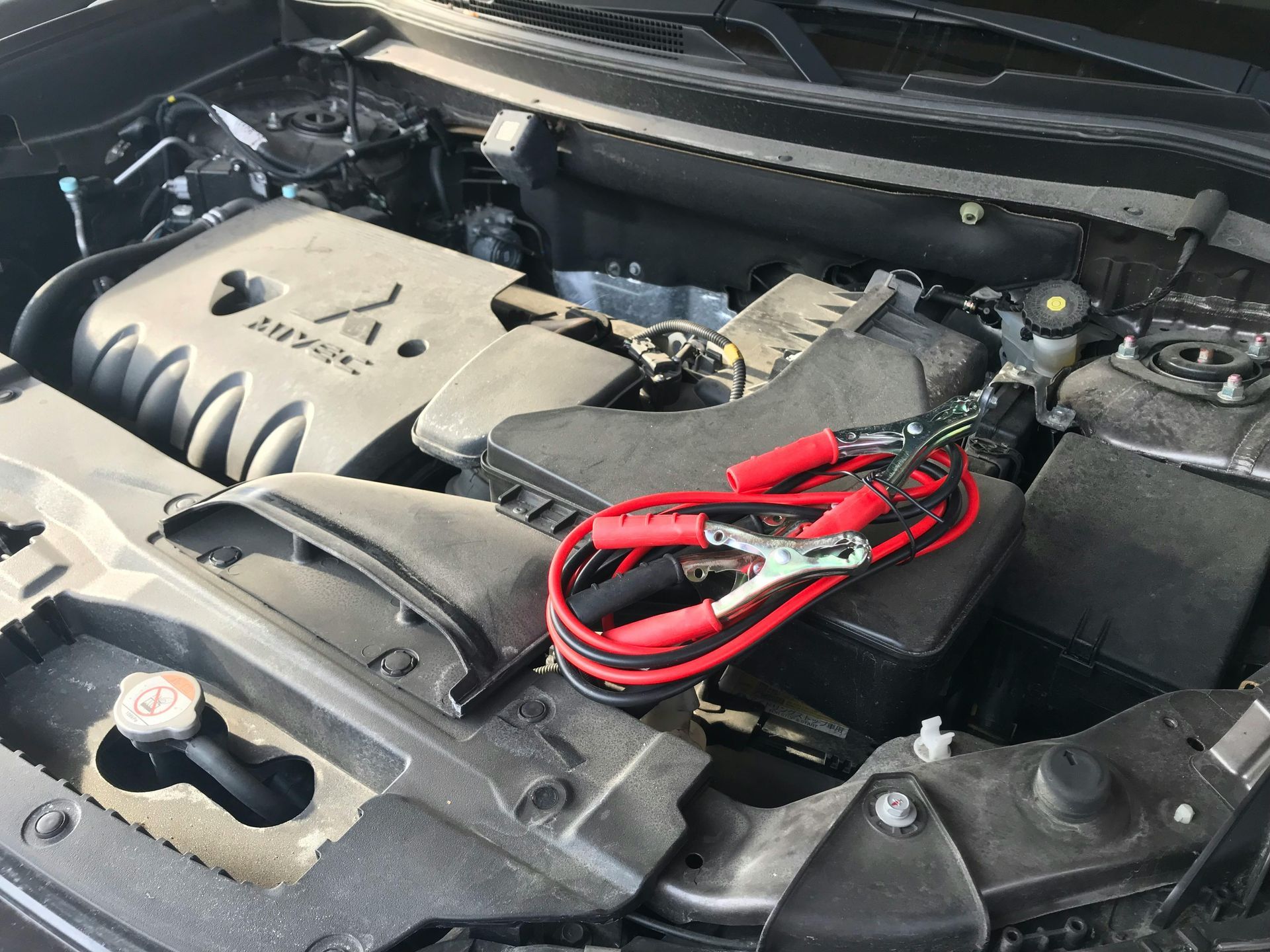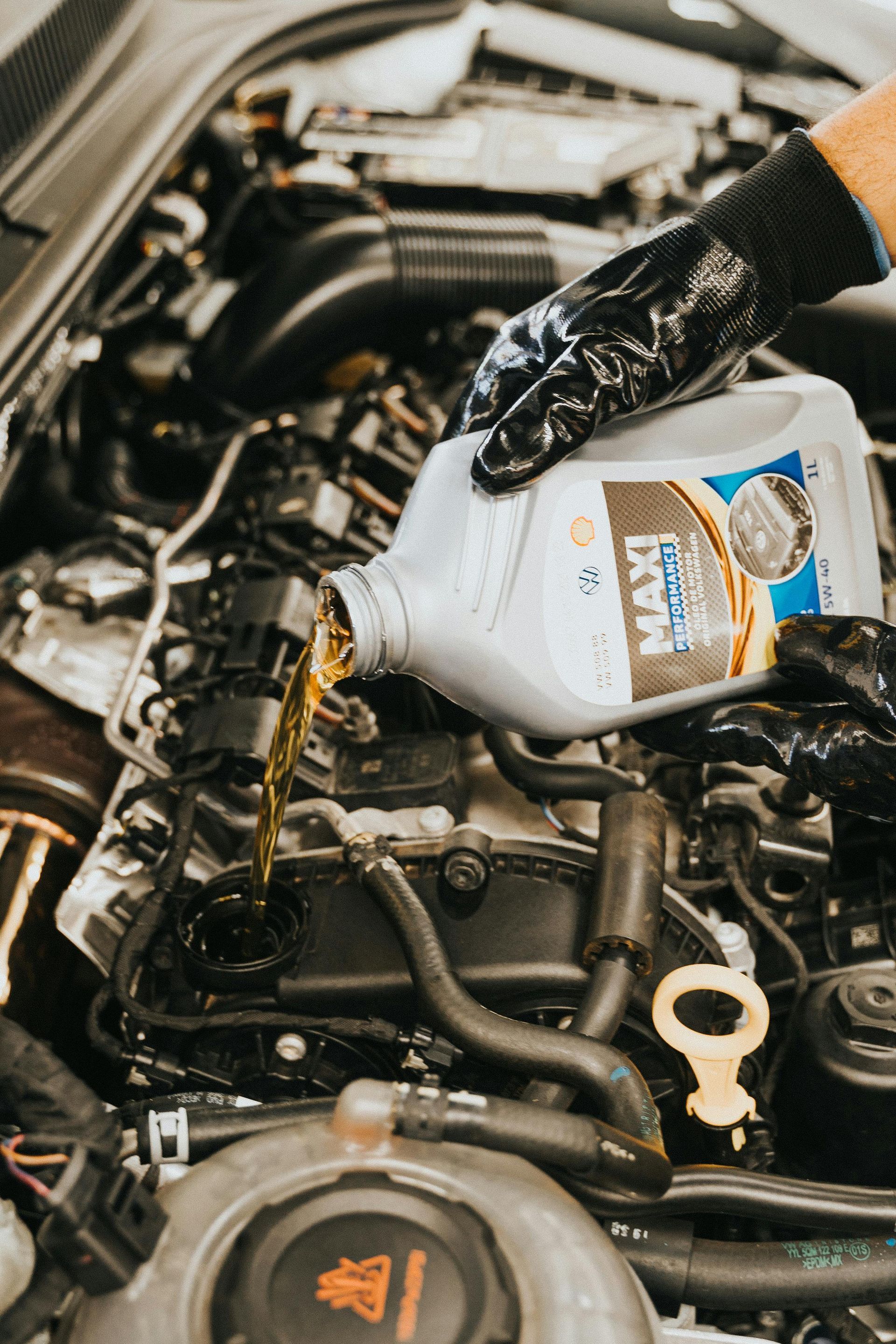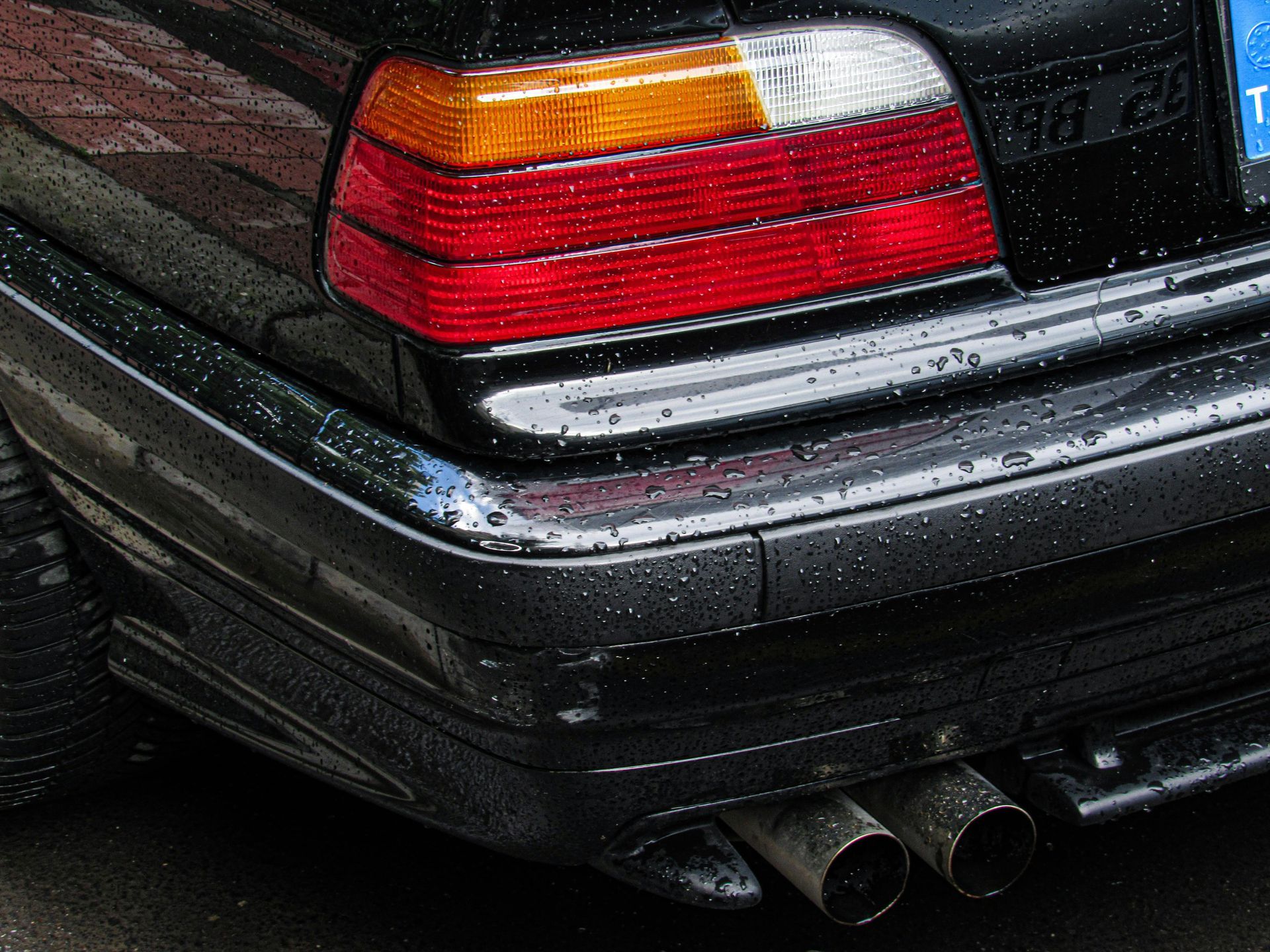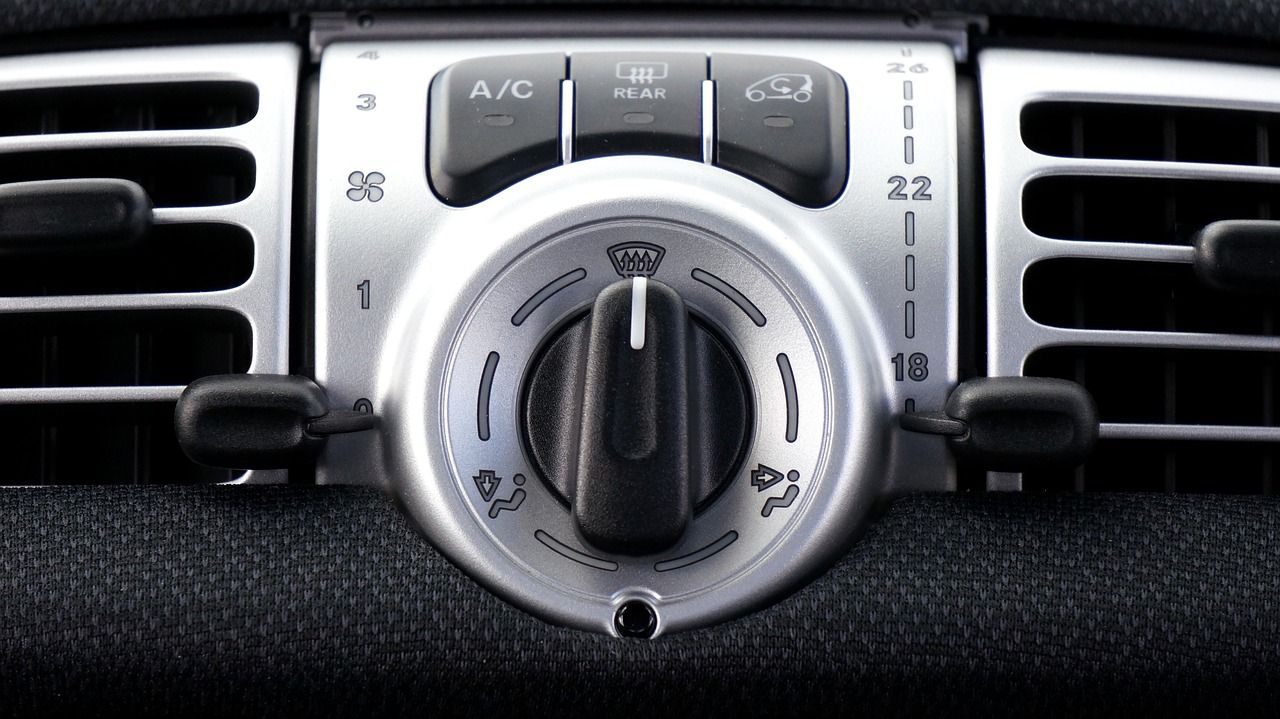Loading ...
Missing business hours data / Error occurred while getting the data.
Loading ...
Missing business hours data / Error occurred while getting the data.
San Diego Location
Loading ...
Missing business hours data / Error occurred while getting the data.
Loading ...
Missing business hours data / Error occurred while getting the data.
La Mesa Location
Loading ...
Missing business hours data / Error occurred while getting the data.
El Cajon Location
Don't Get Steamed: A Must-Read Guide to Handle Car Overheating
With regular maintenance, care, and this
blog you'll be fully prepared to ensure a seamless and secure drive as the summer winds down.
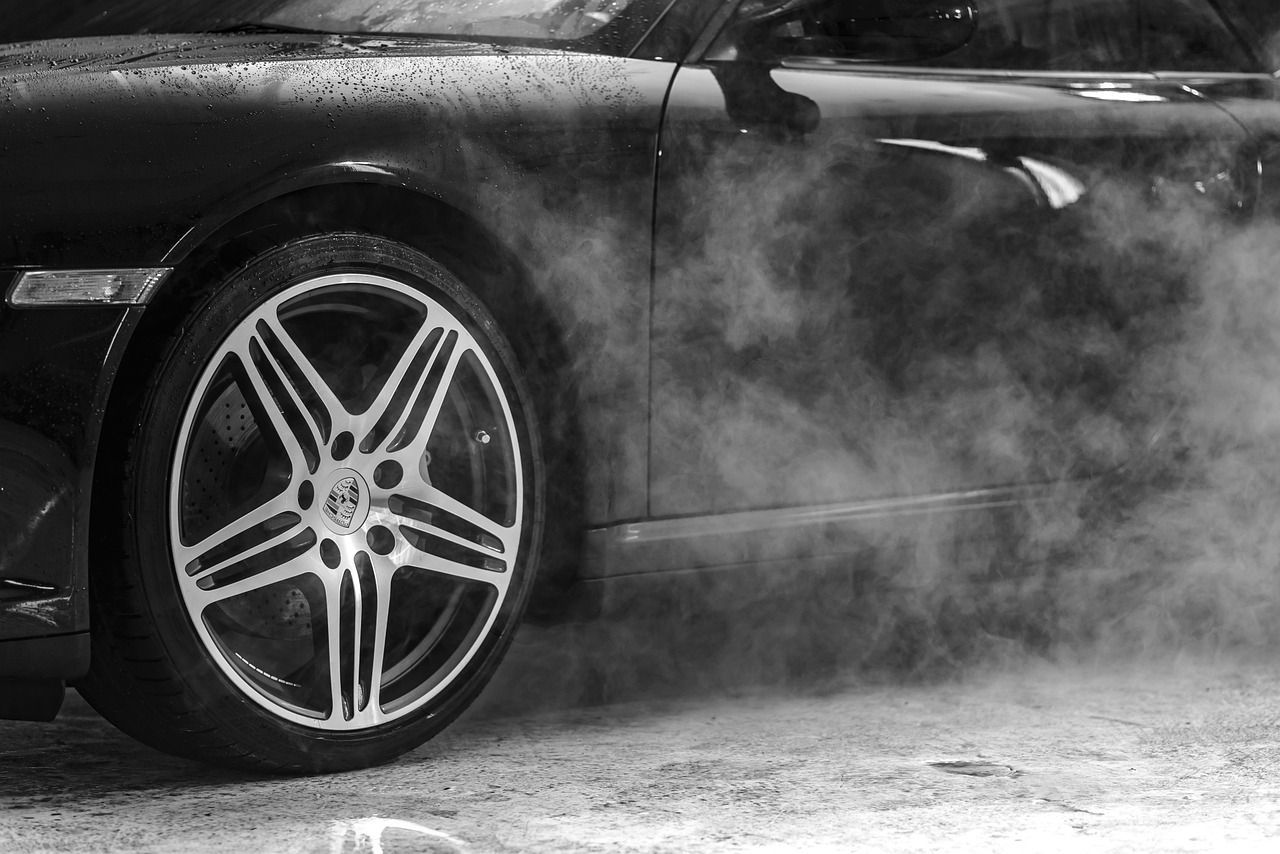
Hello August, and a warm welcome to the blog for Johns Automotive Care El Cajon! Here, we are dedicated to bringing you insightful, practical, and trustworthy auto advice. As the long and heated summer days might have been taxing on your vehicle's cooling system, we want to shed some light on its critical importance. Although easy to forget, this system is vital in averting one of your car's most serious issues—overheating. Today's blog, '"Don't Get Steamed: A Must-Read Guide to Handle Car Overheating,' is designed to provide the essential information you need to safeguard your vehicles against the end of summer's harsh conditions. With regular maintenance, care, and this guide, you'll be fully prepared to ensure a seamless and secure drive as the summer winds down.
The cooling system in your vehicle is a critical component. Operating quietly in the background, this system controls the heat generated by your car's engine, maintaining its operation within an ideal temperature range. But factors like severe weather, defective parts, or inadequate maintenance could hamper its performance, leading to your car overheating. Understanding how to keep your engine cool and functioning efficiently is crucial.
The cooling system in your car comprises several vital components, each playing a pivotal role in managing heat. The main parts include the radiator, thermostat, water pump, coolant, cooling fans, and a network of hoses and passages within the engine. The water pump circulates the coolant—made up of water and antifreeze—through these passages to extract heat from the engine. This heat-laden coolant is then routed to the radiator, where cooling fans aid in dispersing the heat into the ambient air. The thermostat ensures the coolant only circulates once the engine has reached its operational temperature.
Various issues can lead to overheating. A common cause is insufficient coolant levels due to a system leak or irregular top-ups. An improperly functioning thermostat that fails to open when required can also cause overheating, as can a malfunctioning water pump. Other potential culprits include obstructed hoses, a blocked radiator, or defective cooling fans.
Frequent Coolant Checks:
- Stick to your vehicle's service schedule for changing your coolant.
- Regularly check its level, topping it with antifreeze and water if needed.
- Remember always to check when the engine is cold to prevent burns.
Look for Leaks: Look for damp or white areas on the hoses, the radiator, or the ground underneath your car. The distinct sweet smell of coolant can also help you locate leaks.
Radiator Maintenance: The radiator is a critical component in your car's cooling system. It dispels the heat absorbed by the coolant from the engine, allowing the coolant to maintain its temperature within optimal parameters. However, if your radiator is blocked, leaking, or otherwise malfunctioning, it won't be able to perform this task effectively, leading to potential engine overheating.
Thermostat Examination:
The thermostat in your vehicle plays a vital role in controlling the flow of coolant to the engine. It's essentially a valve that opens or closes based on the temperature of the coolant. When your engine is cold, the thermostat remains closed, allowing the engine to warm up quickly. When the engine reaches its optimal operating temperature, the thermostat opens to allow coolant to circulate and prevent the engine from overheating. A qualified mechanic can inspect the thermostat by checking the coolant temperature and flow. If the thermostat is stuck closed, the coolant won't circulate through the engine, causing it to overheat. If stuck open, the engine may reach its optimal operating temperature, leading to efficient fuel consumption and good performance.
Fan Check:
Cooling fans are essential for maintaining the correct temperature of your engine. They kick in when the engine's temperature surpasses a certain threshold, forcing air through the radiator, which aids in cooling the hot coolant that flows through it. If the fans aren't functioning correctly, the radiator won't cool down effectively, potentially leading to overheating issues. Cooling fans are designed to automatically start once your engine's coolant reaches a specific temperature. This automated feature is controlled by the fan's thermostat or the engine control unit (ECU). The thermostat detects the temperature of the coolant and signals the fan to turn on or off as needed.
Watch Engine Temperature: The engine temperature is a crucial indicator of your vehicle's health, and it's essential to watch it during conditions that might put extra stress on the car, such as hot weather or driving at high speeds for extended periods. The engine temperature gauge, usually located on the car's dashboard, provides real-time data about the temperature of the coolant in your car's engine. It typically has a C (for cold) at one end and an H (for hot) at the other. The needle ideally should stay somewhere in the middle. If it starts inching toward the hot end, it signals that your engine might be overheating.
Dealing with Overheating while Driving:
Quick action can prevent damage if your temperature gauge starts inching toward the red while you're on the road. Initially, turn off the air conditioner and roll down your windows—this can lighten the load on the engine and decrease its temperature. If the gauge doesn't drop, turn on your heater—it acts like a secondary radiator, pulling heat away from the engine. Safely pull over as soon as possible.
John's Automotive Care El Cajon is your trusted destination for reliable auto repair services. Our team of skilled and experienced auto mechanics is dedicated to providing exceptional service to our community. Located in El Cajon, California, we proudly serve customers in the surrounding areas with a commitment to delivering top-quality repairs and maintenance. Whether you need routine maintenance or complex repairs, you can rely on us to handle your vehicle with a steady hand and keen attention to detail. As an AAA-certified facility, we strive to exceed customer expectations and ensure your satisfaction. At John's Automotive Care El Cajon, we value clear communication and transparency, providing straightforward explanations and recommendations to help you make informed decisions about your vehicle. We understand the importance of reliability, so we offer a comprehensive warranty for your peace of mind. We aim to build long-lasting customer relationships based on trust and exceptional service. When you choose John's Automotive Care El Cajon, you can rest assured that your vehicle is in expert hands.
Contact us today or
schedule an appointment and experience the difference of working with our dedicated team of professionals.
Loading ...
Missing business hours data / Error occurred while getting the data.
Loading ...
Missing nap lines data / Error occured while getting the data.



